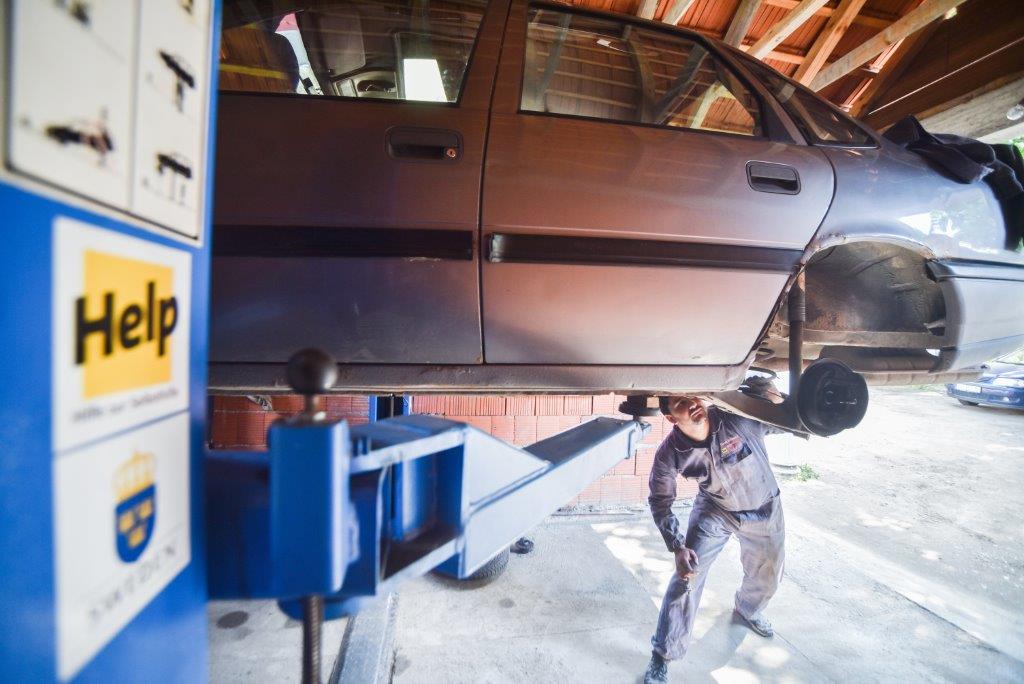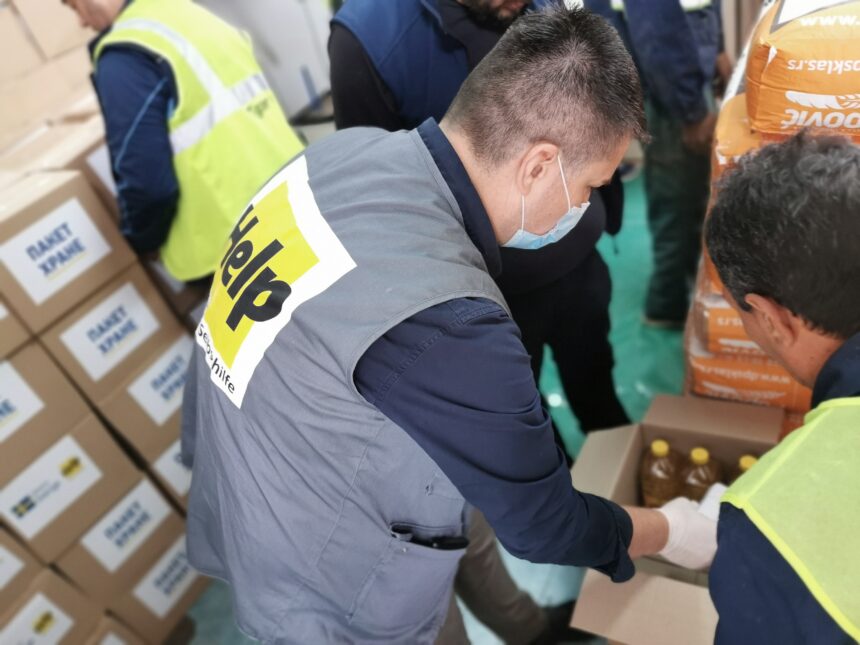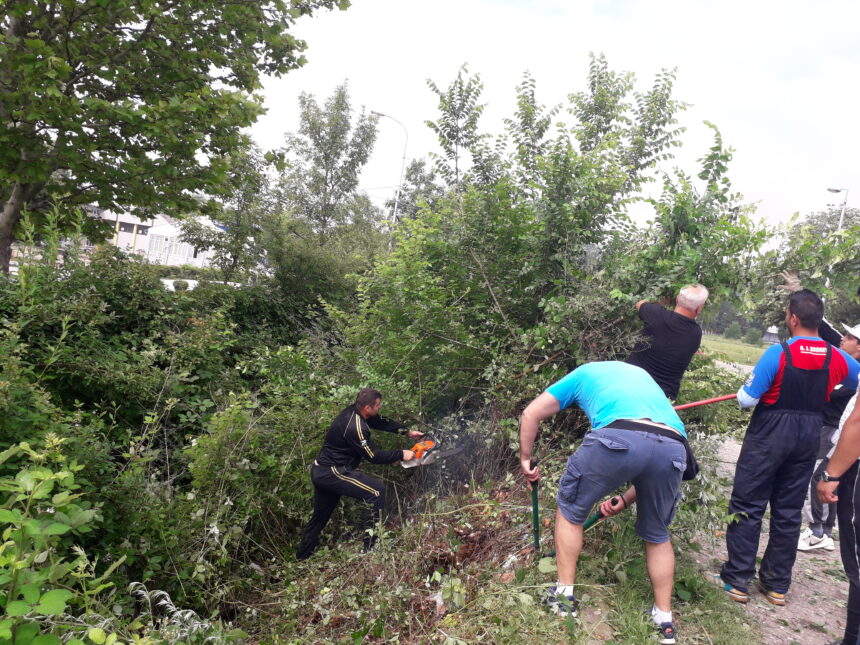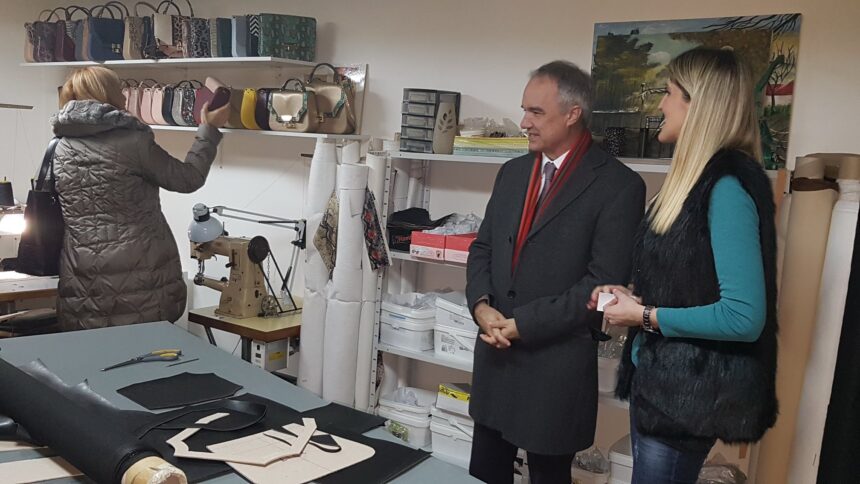Poverty reduction through employment opportunities for Serbia’s EU accession
Inclusion of marginalized minority population and other vulnerable into the social and economic life of the country and reduction of poverty.
- Duration: October 2017 – September 2020
- Donor: Swedish International Development Cooperation Agency Sida
- Budget: 2.056.000,00 EUR
- Region: Republic of Serbia, Vranje, Vladicin Han and the waste management region of Pirot, Duboko, Srem-Macva and Pancevo
- Target group: Socially vulnerable groups: informal waste collectors, unemployed youth, women, Roma
Objectives:
The overall objective of the project is to contribute to the inclusion of marginalized minority population and other vulnerable into the social and economic life of the country and reduction of poverty among targeted groups.
The specific objective of the project is to provide Informal Waste Collectors (IWCs) with the special focus on Roma women, youth, and other vulnerable local population groups with improved access to the labour market.
The project has a special focus on waste collectors and complements the process of the introduction of source separation systems in the targeted municipalities.
Description:
The project activities will be accomplished through the self-employment component providing in-kind grants, increasing the youth employability with paid on-the-job-training, and informal waste collectors’ capacity building through various tailor-made trainings.
The project envisages:
- at least 310 individual grants (in average per 1500, 2400 and 3600 EUR),
- paid internships for 65 young,
- support for the employment of min. 30 IWCs in private sector,
- support implementation of six Local Action Plans targeting inclusion of IWCs into the formal waste management system.
Thus, the main expected results are:
- Created and applied models and mechanism for improved employment access of the vulnerable population at the national level,
- Institutions and organizations directly dealing with challenges of vulnerable population with a focus on Roma and informal waste collectors increased synergy and communication level,
- Raised awareness of the importance of environmental protection and the linkage of it to social inclusion,
- Provided alternatives and decent livelihood to the potential future IWCs,
- Roma women empowered and role models for women entrepreneurship created,
- Unemployment rate decreased through new jobs created by successful traineeship programs and micro and small businesses supported.




